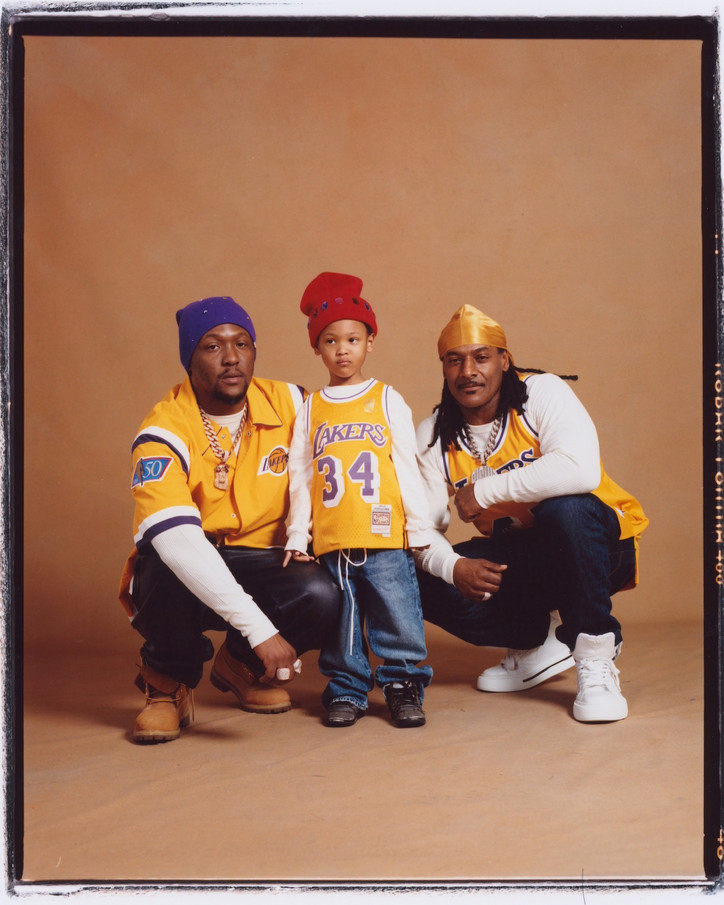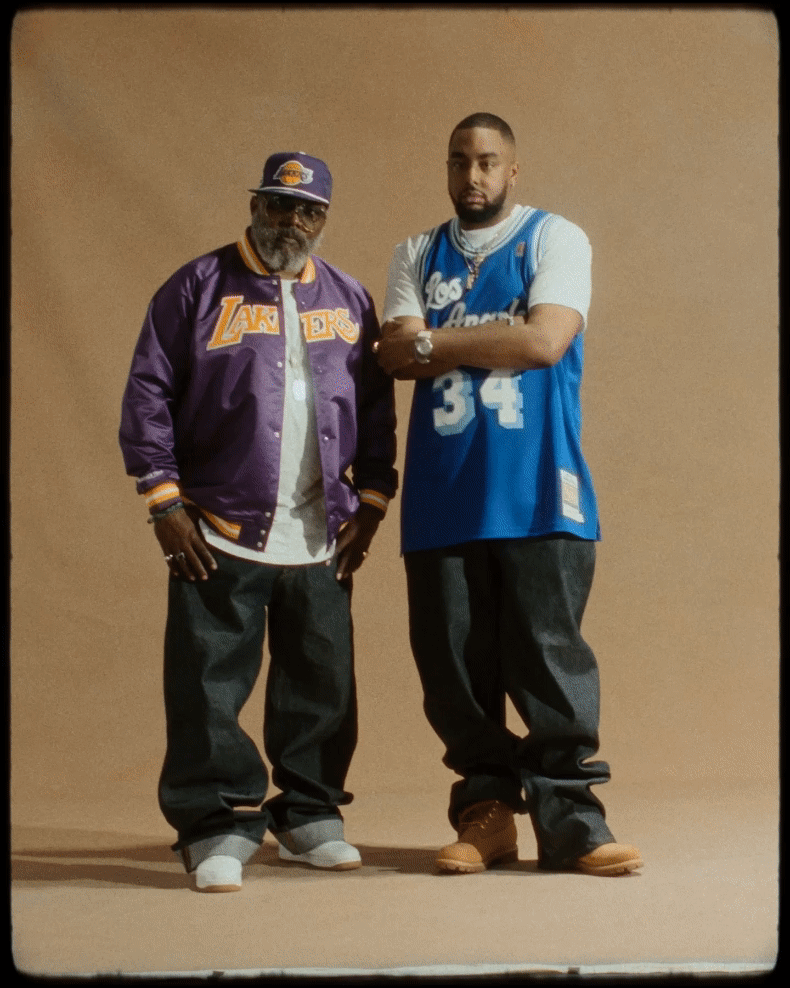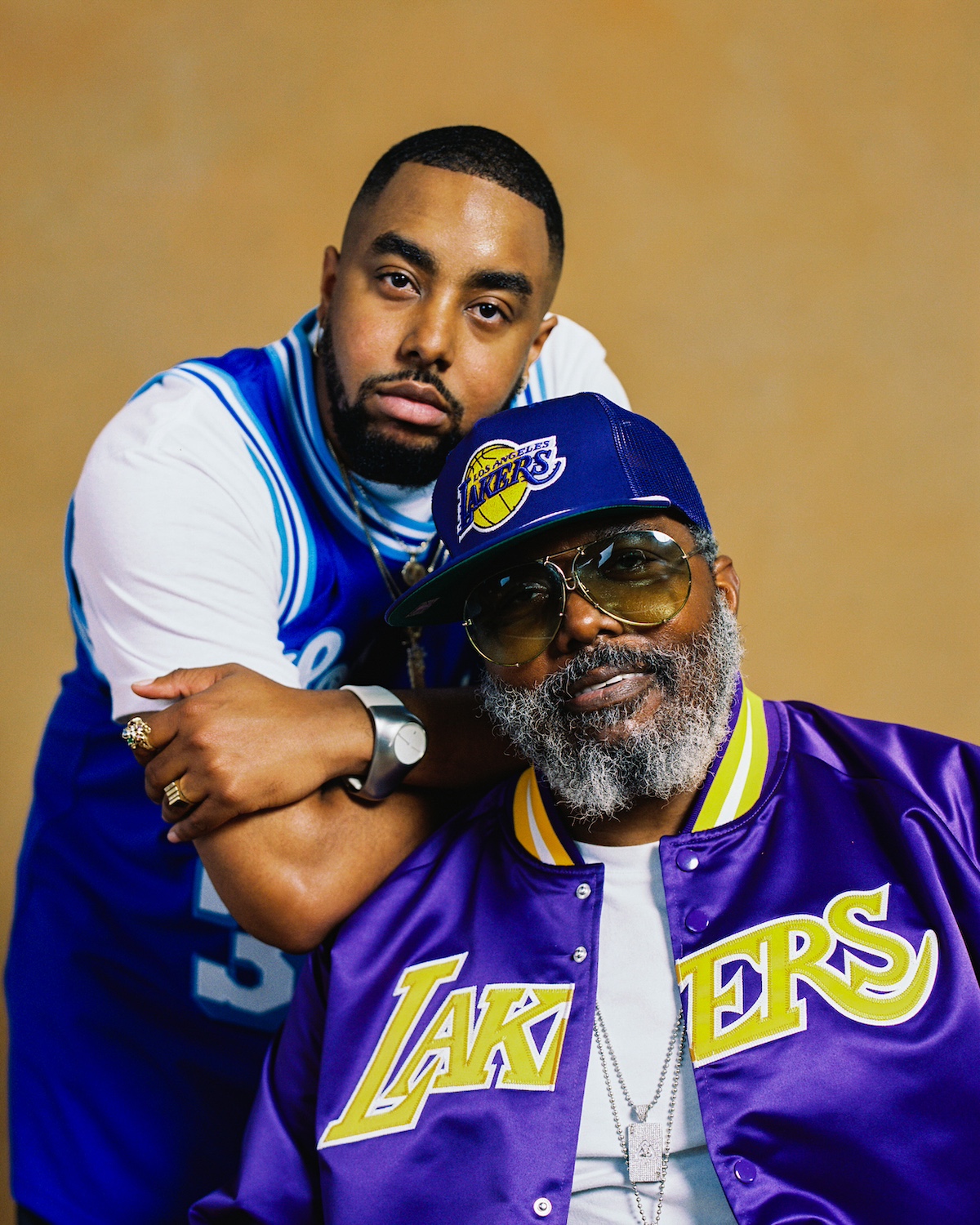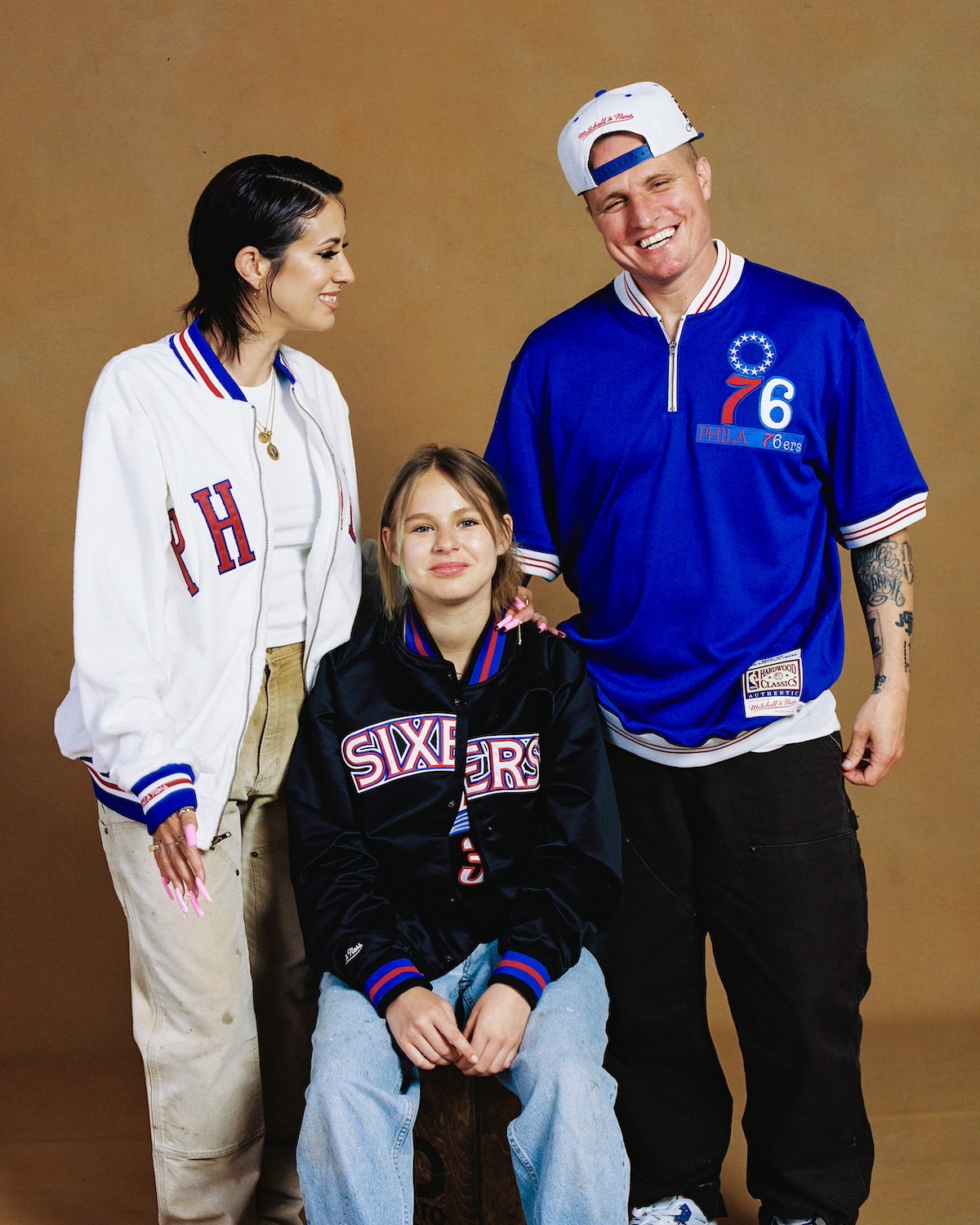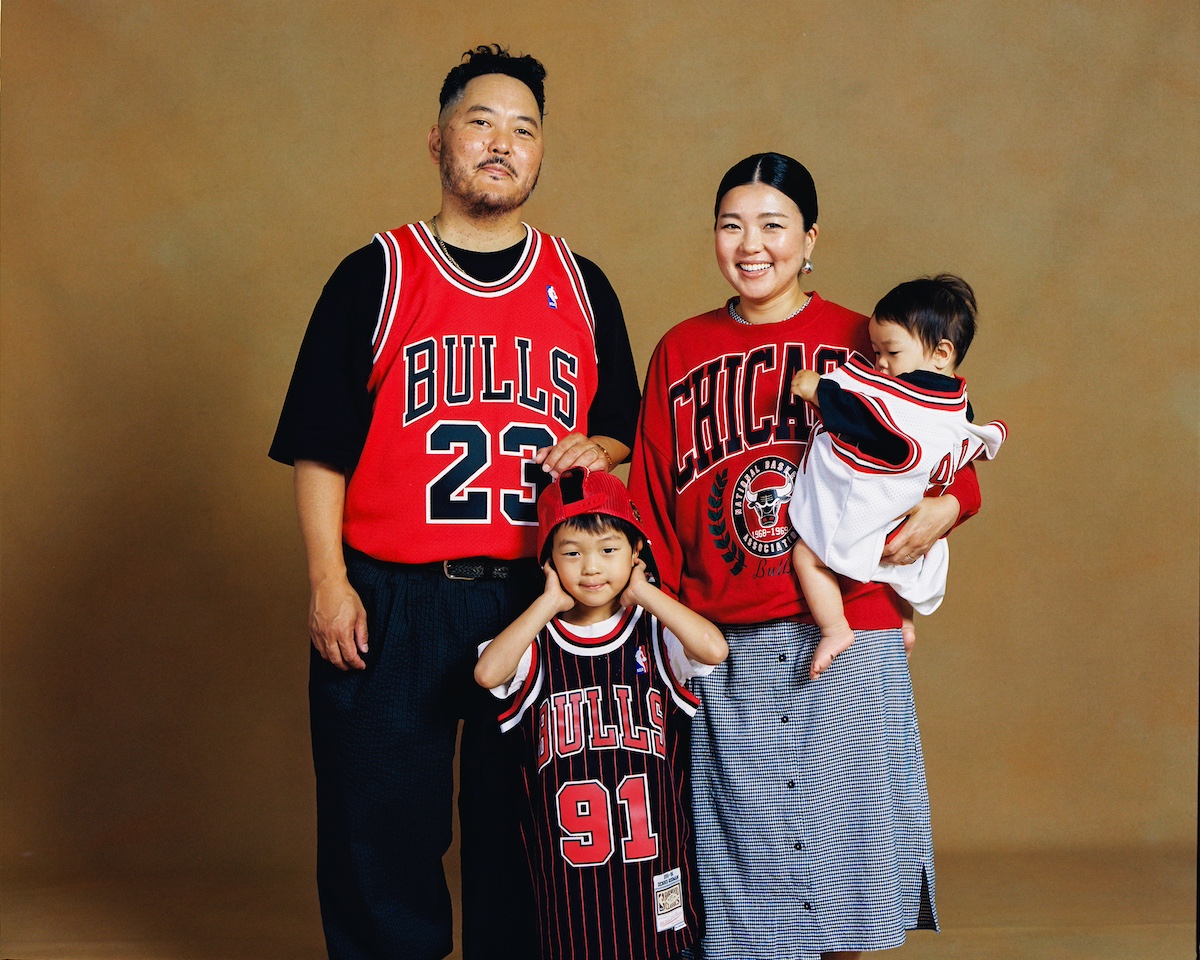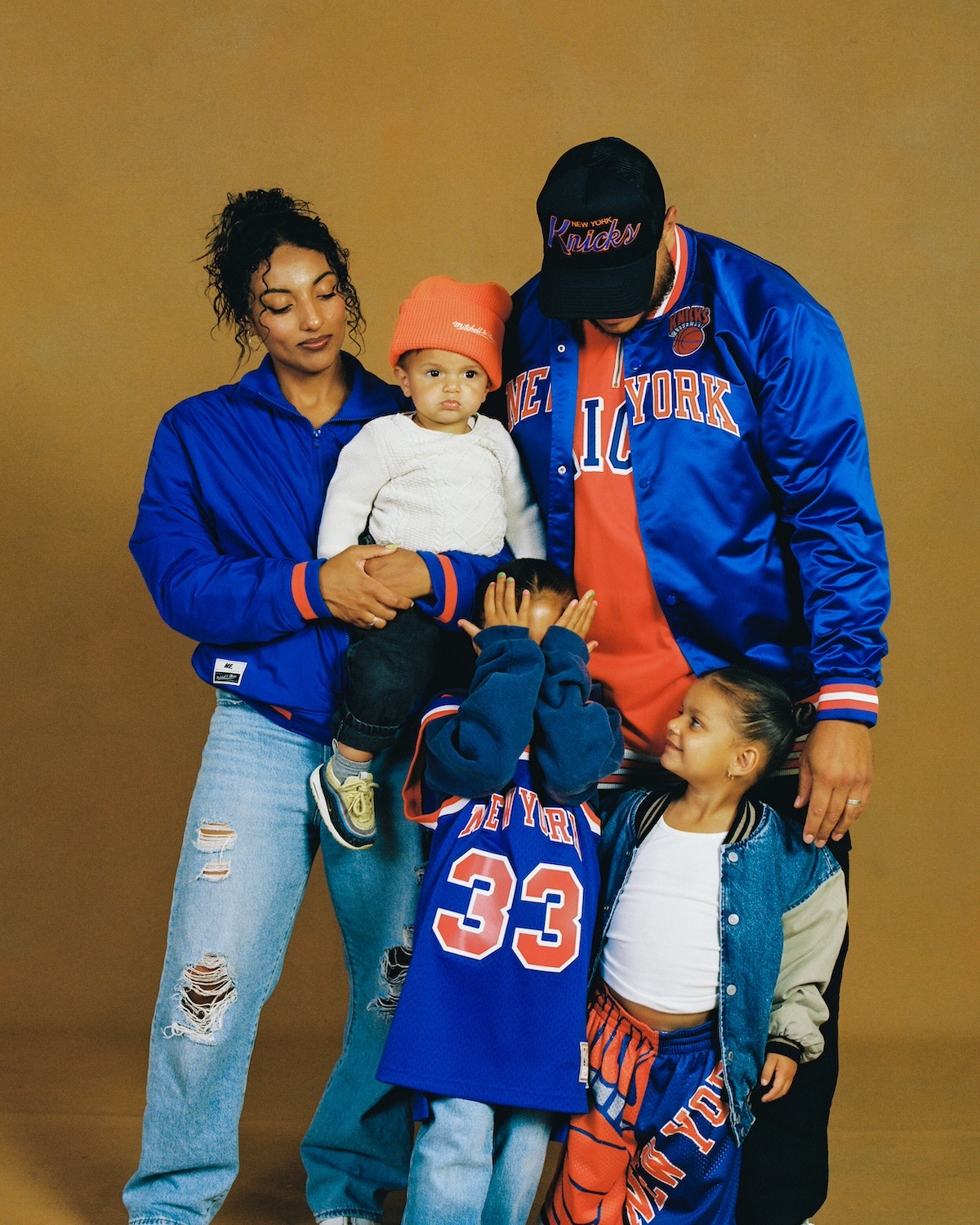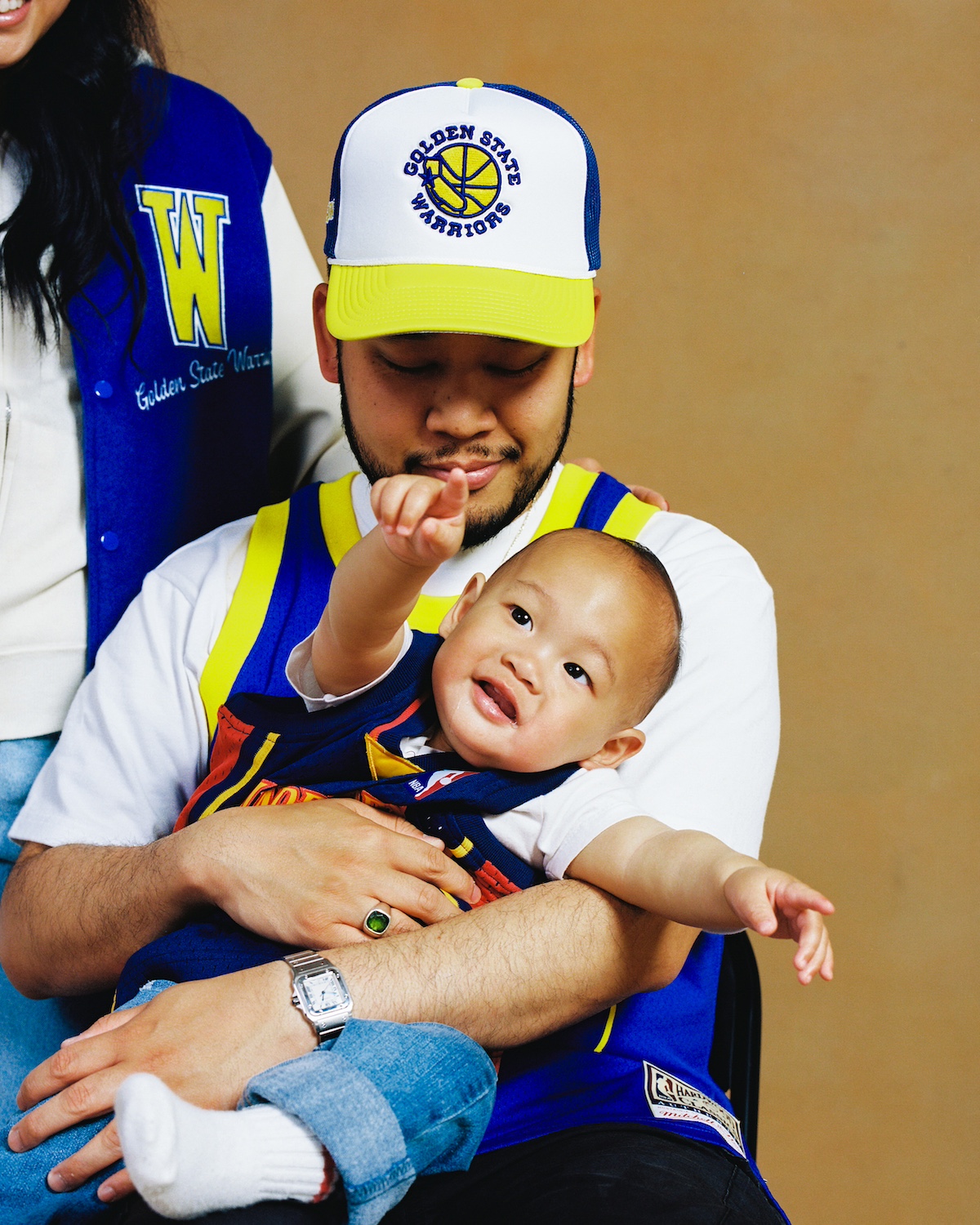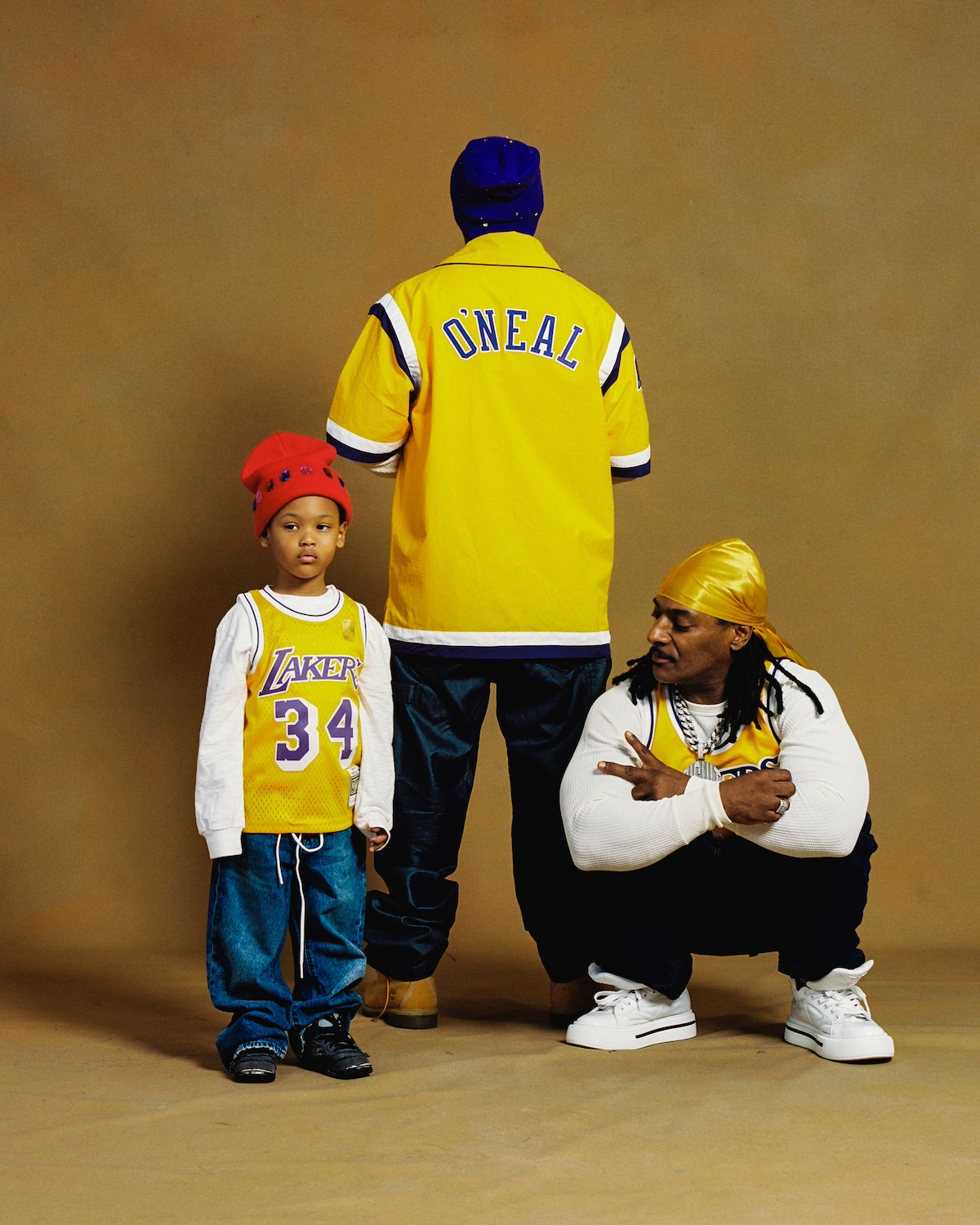The Modern Muse
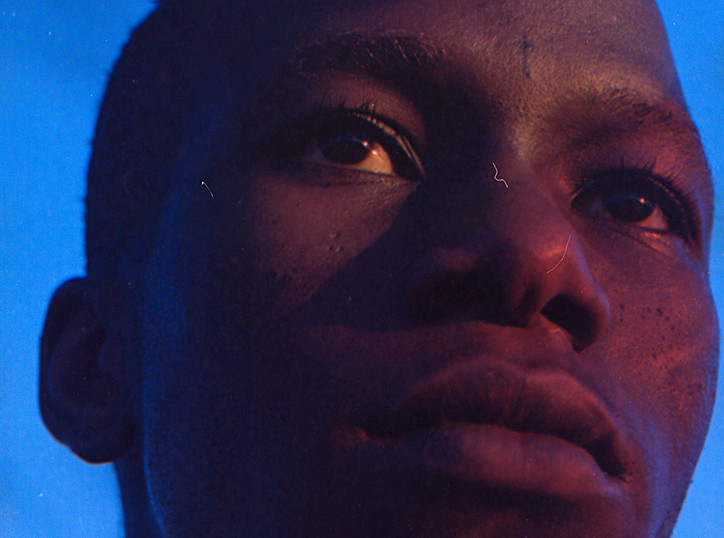
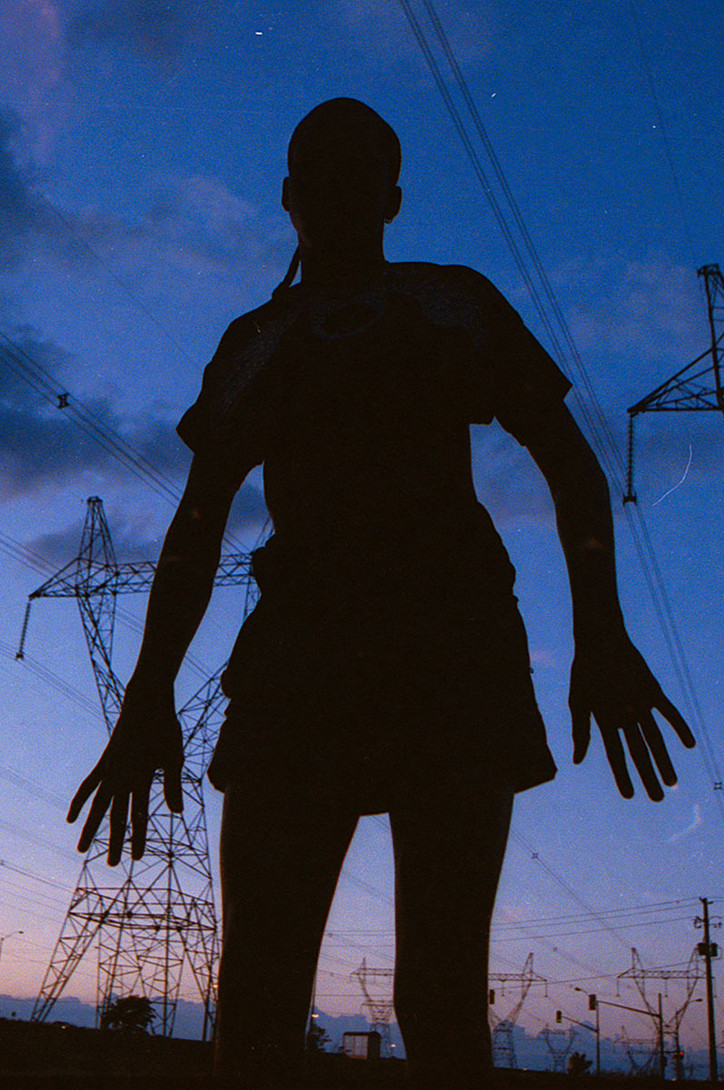
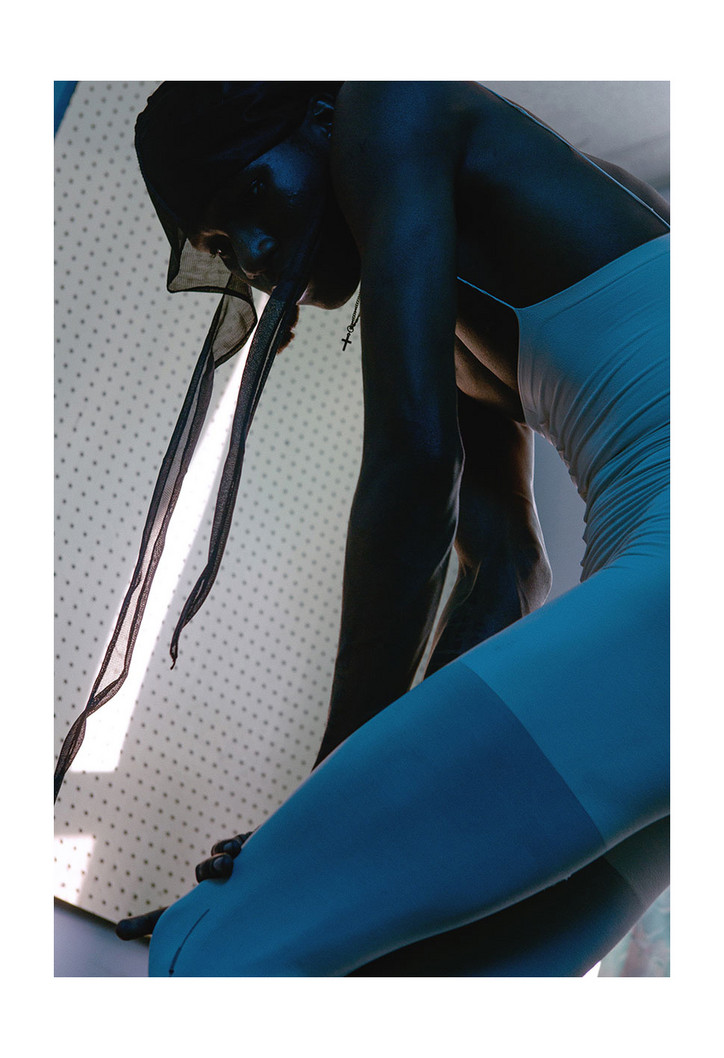
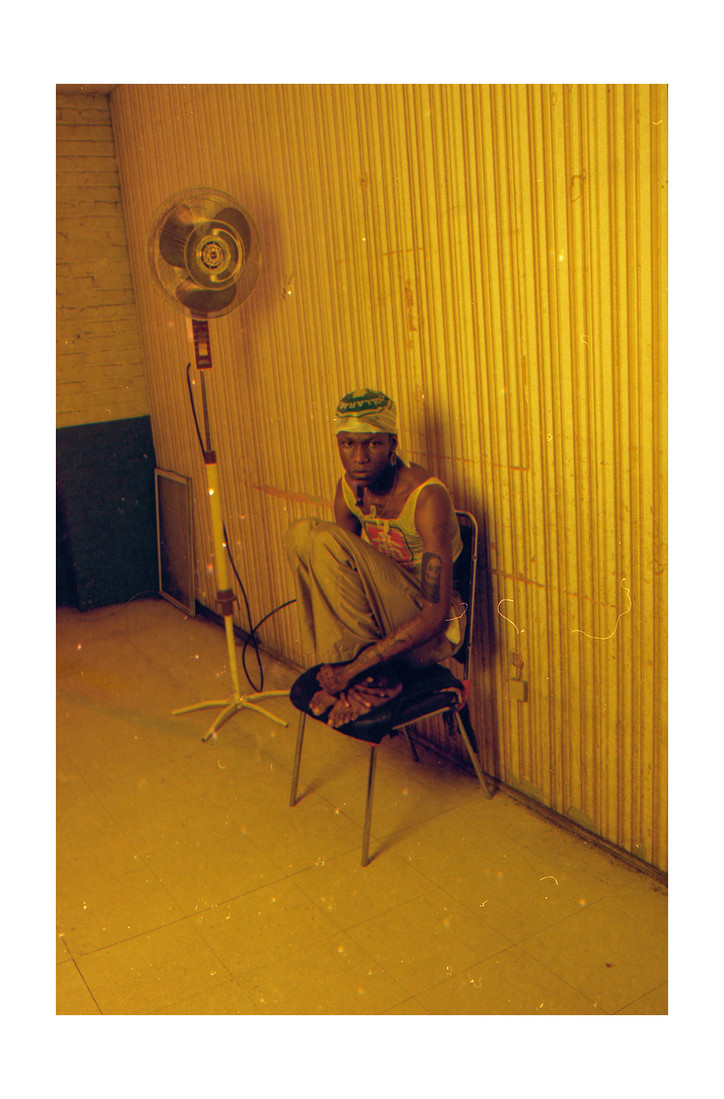
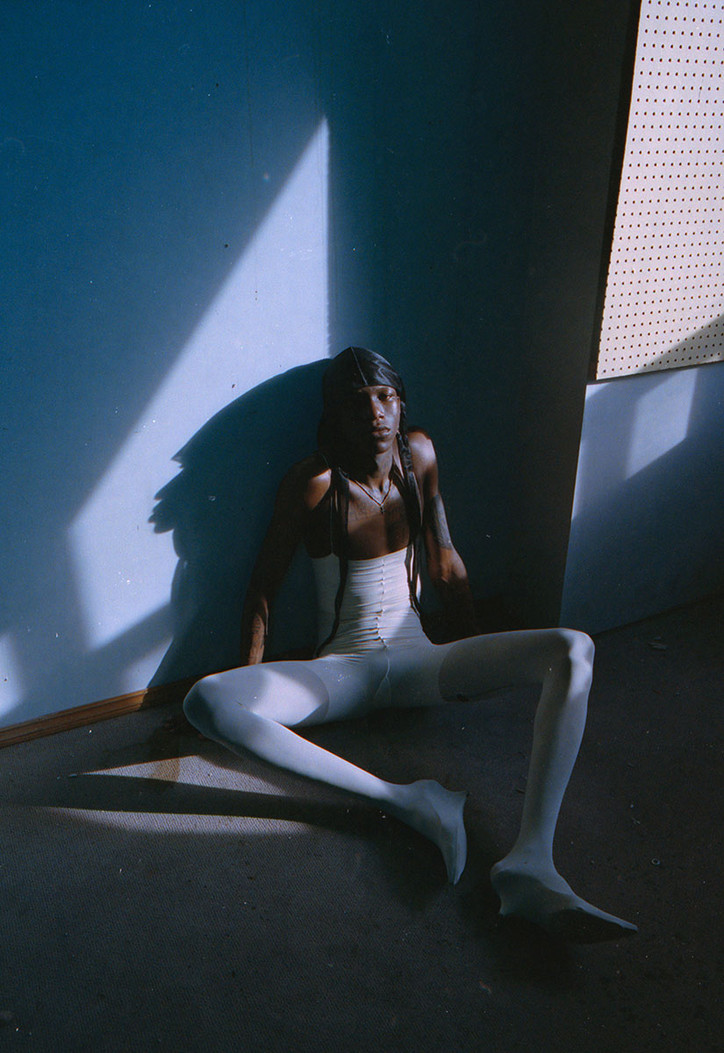
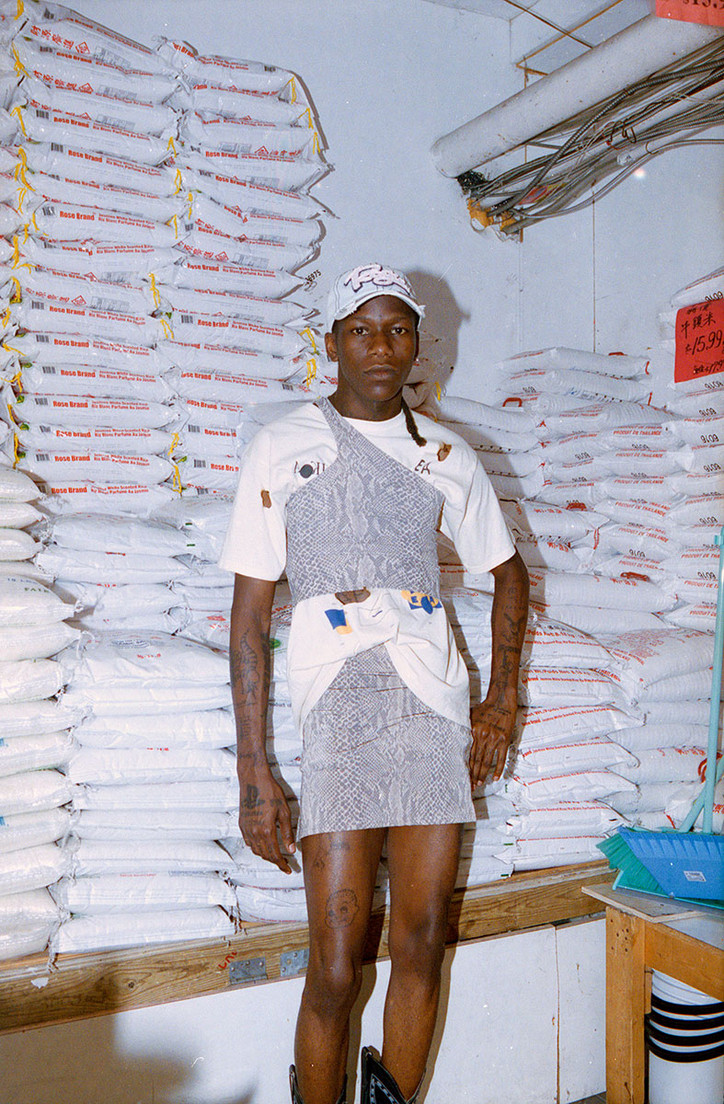

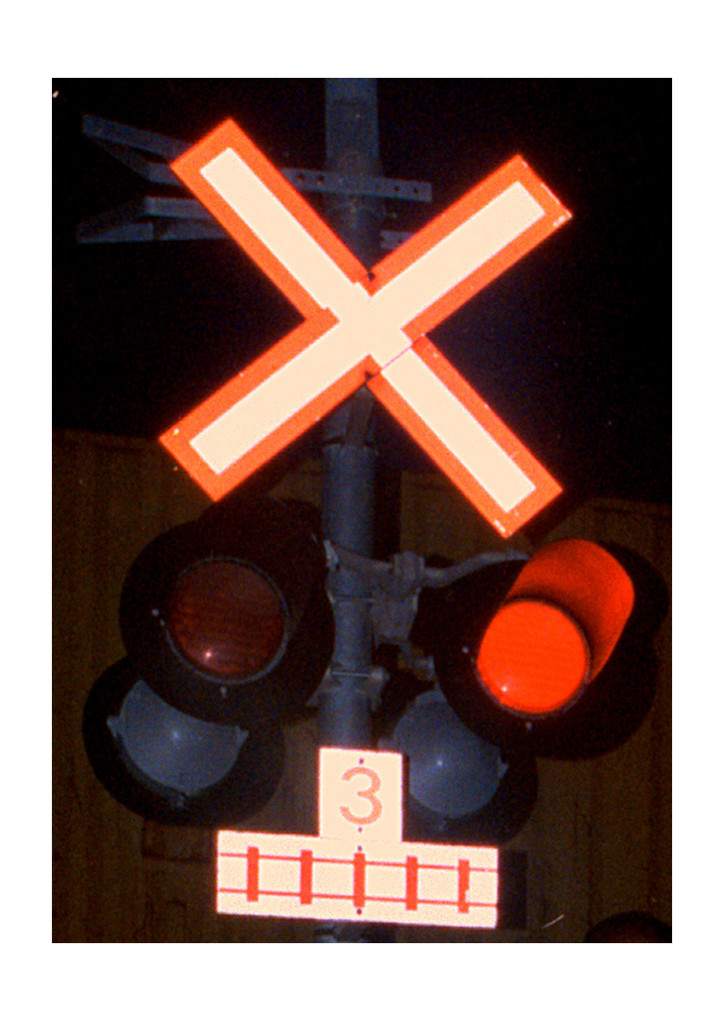
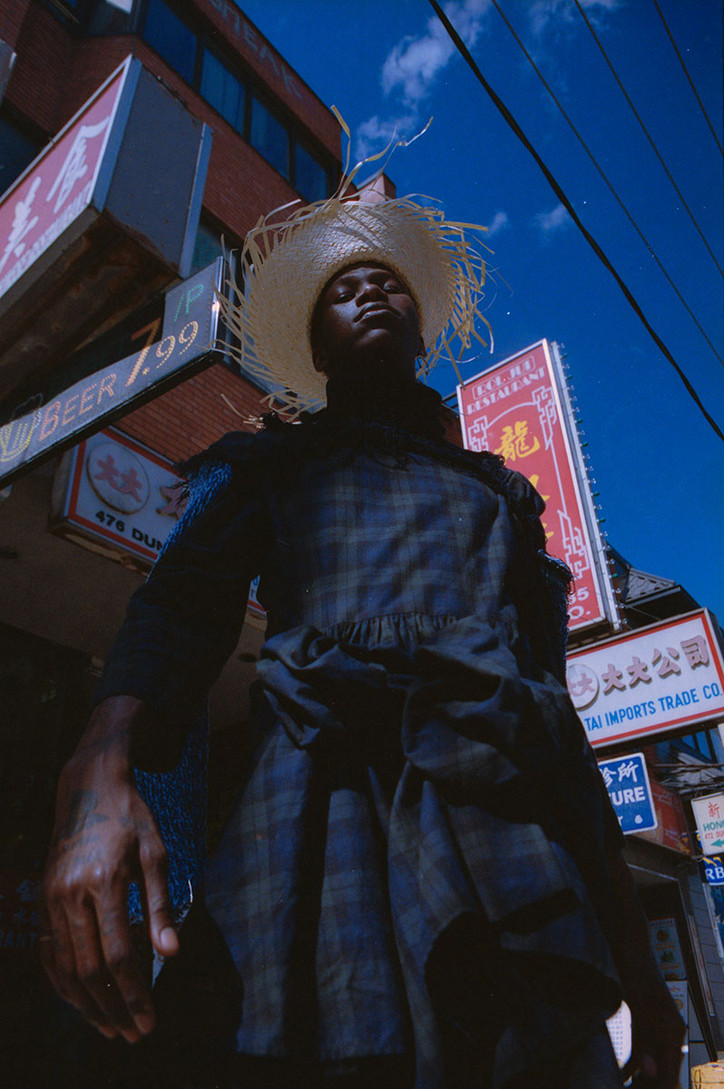
Stay informed on our latest news!









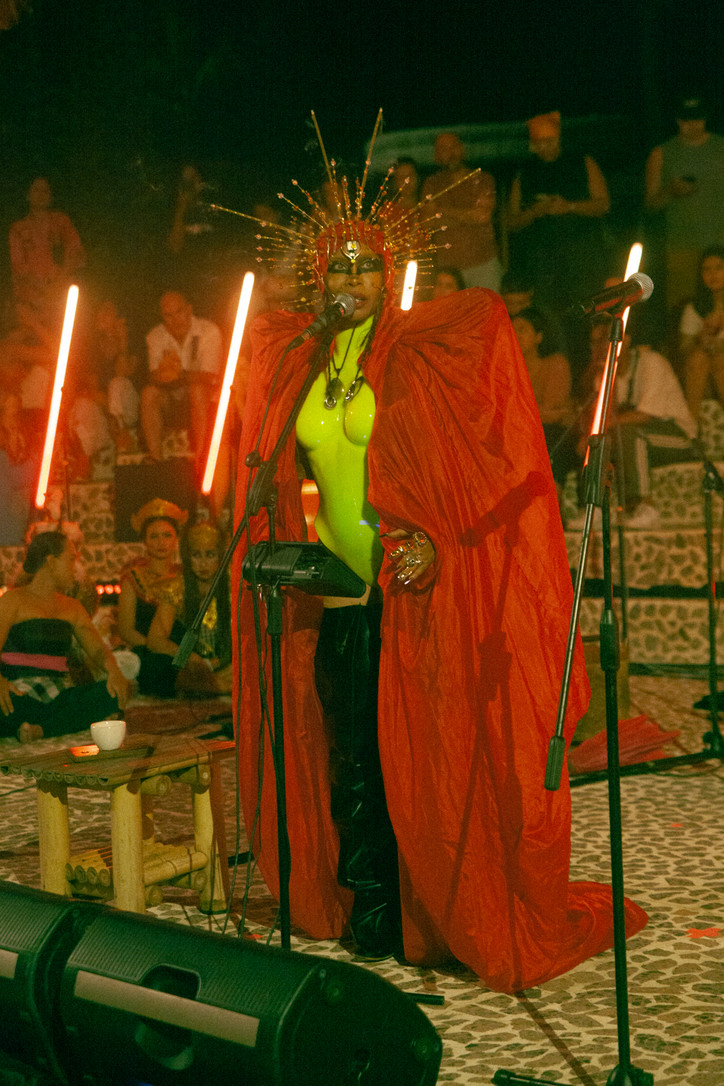
Merasa Festival 2024 celebrated wellbeing and self-regeneration, fostering deep connections among participants and practitioners alike, a testament to the power of collective experience in promoting personal transformation and cultural reverence within the inspiring setting of the Desa Potato Head property.
After a sunrise morning practice guided by Erykah Badu, office had the opportunity to sit down and chat with her.
On Practicing Wellbeing:
Erykah Badu — Let's talk about what wellness is. Because the retreat is not the wellness. Yoga is not the wellness. Those are evidence of wellness. Wellness is the notion that I want to be, well, that's what wellness is, and you start your wellness journey when you decide that you want to be well and you started with one little thing at a time. It could be just discernment between the words that you decide to let come into your mind. That's wellness. Wellness is making sure that you keep your boundaries when you say, I'm not going to do something or I'm going to do something. Keeping those to yourself is wellness. Wellness is telling somebody how you really feel. That's wellness. Wellness is despite how you feel doing something that you know need to do. That's all wellness. Start that journey at any moment, any time, and start over at any moment. Go down a rabbit hole. Where else is well add those things. Flow.
On Social Media:
EB — I believe social media is social evolution. It brings us closer to one another. It brings like-minded people closer together. It brings families who don't know each other close together. I have a group chat with my family members now that rarely talked to, but now we get to talk every day and see who has the same sense of humor, see who has the same illnesses or whatever. I mean, it's social evolution, but with anything comes people, and we put people into the scenario. You got some people who practice wellness and some practice unwellness and you get a mix of those and have to deal with all of it if you're participating in social media. So the good of it is: it's evolutionary in bringing minds together and hearts together, downside is it's bringing hearts and minds together and not everybody's evolved.
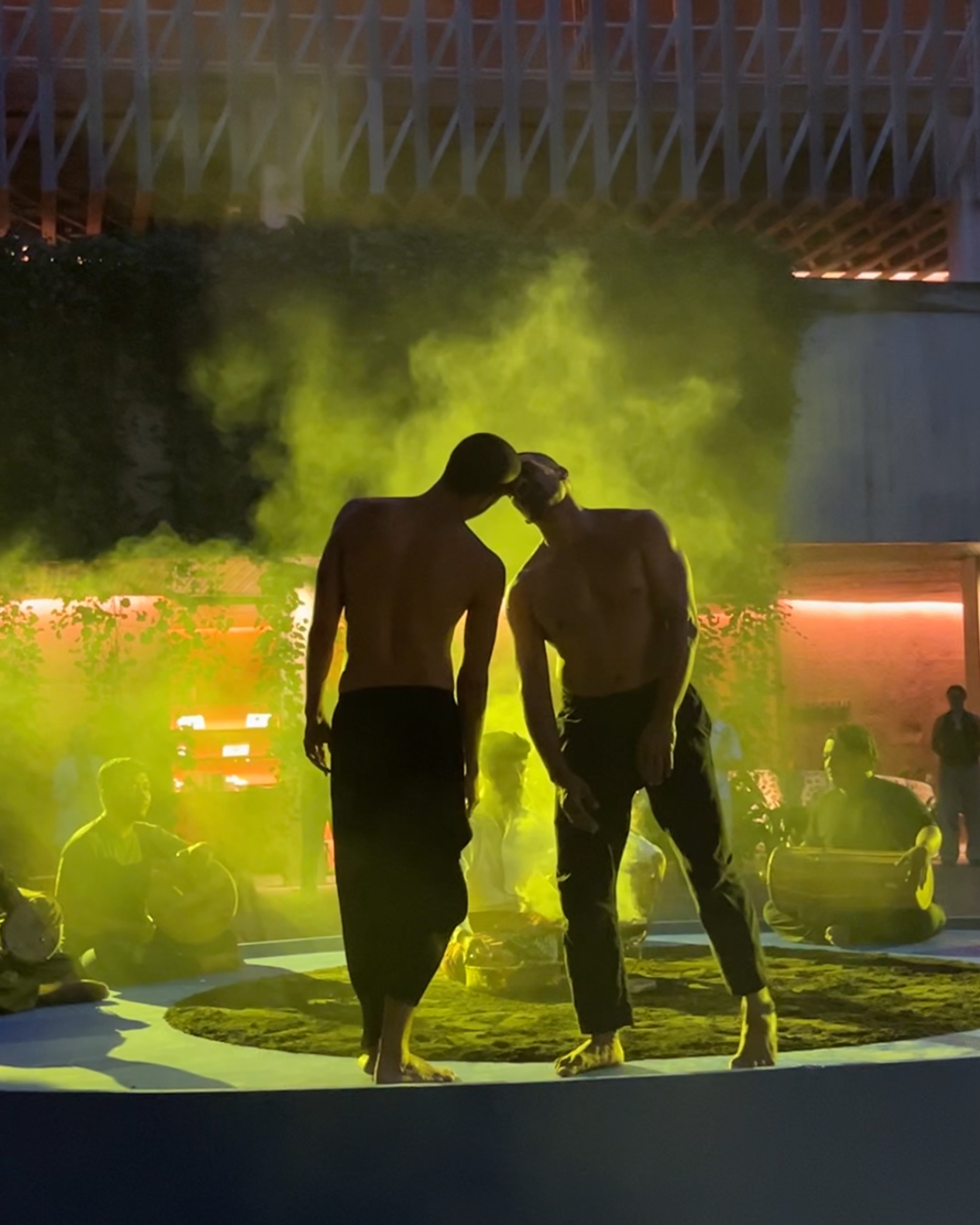
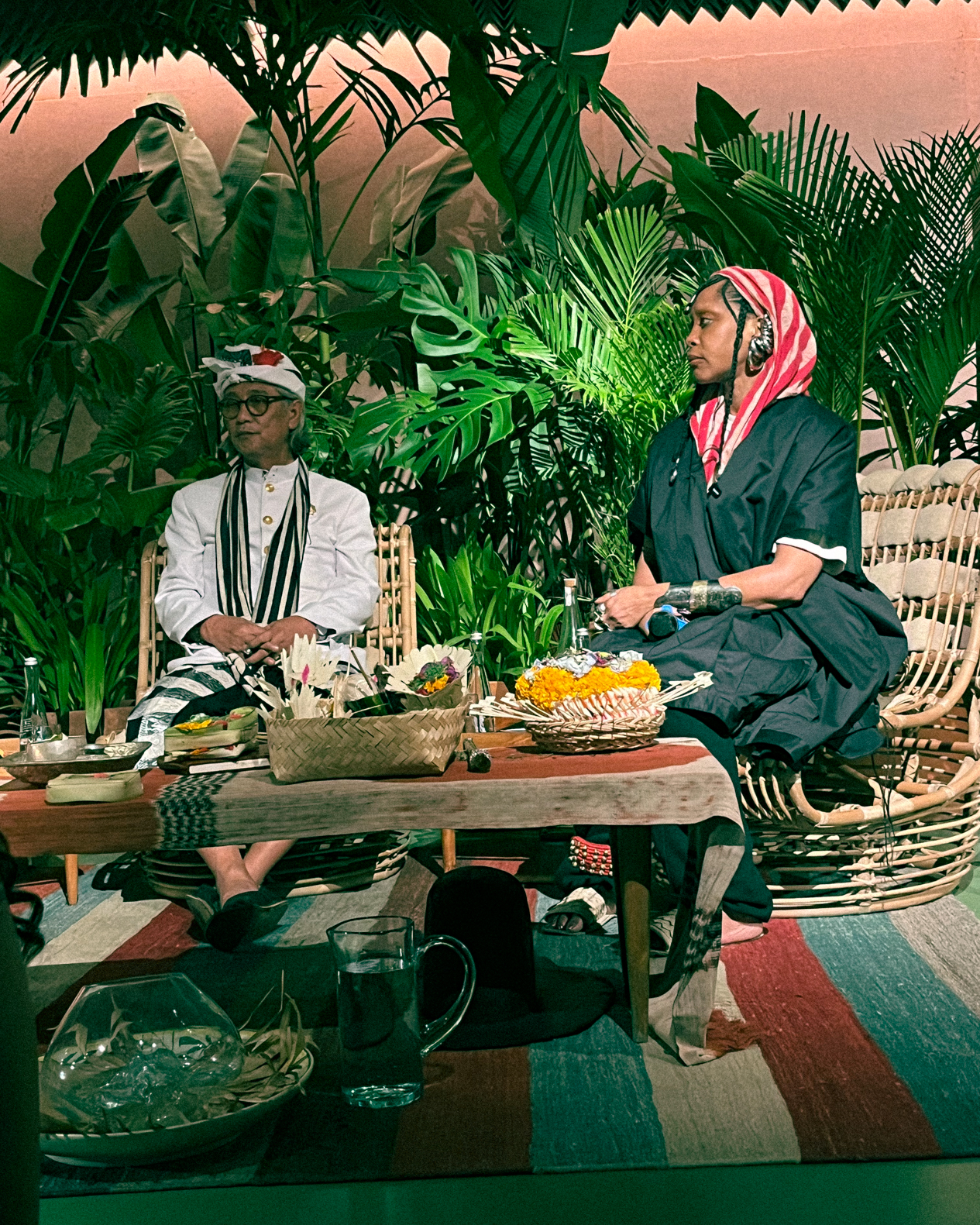
On Breathwork:
EB — Breathwork is the most important thing for me because if I'm not in a great mood, 9 times out of 10, it means my heart rate is fast and my breathing is shallow. I'm thinking about something that I either have to do, didn't do or something else. When I can recognize the breath, I sit down and I regulate it. That's really the only thing that I have. I take as much time as I need. I have to give a lot of energy all the time and I receive a lot all the time. So there has to be moments in between where they have to wait for a minute.
It's all kinds of breath work. There's so many different types of ways to read and recalibrate yourself so that you can go back out to the world and do what you have to do and you can do it any time you need to reset. People say, Oh today's a new day. Well actually today's a new day, but right now is a new moment. If you don't feel good, it doesn't take anything, go where you need to go to get yourself together. That's what practice is for, the bad days. So if you practice something every day, when one of those days comes along when you really need it, you're in practice.
On Grounding After a Big Performance:
EB — I get a lot of help. It's an ecosystem that I'm surrounded by — where even the dudes with the cameras, they aren't just dudes with cameras. They're my family. So we serve each other. When I get back from the show, I get served by my family. People that help keep this going, We laugh a lot. Comedy is my coping mechanism. Everything is funny and nobody's sacred. Don't take yourself seriously around me.
On Her Five Doctors:
EB — First, sunlight — we all need it, we are all plants of some sort. Second, nutrition — I’ve been plant-based since high school and became vegan in 1997, I eat clean food because I see my body like a Lamborghini; I wouldn't put poor-quality fuel in it. However, you eat the nutrients that are right for your body. Everybody's not a vegetarian. There are different blood types and foods that are right for your body. I challenge you all to find out what that is and put it in your body. Third, exercise — I do at least 15 minutes of physical activity daily, even when I don't feel like it. Fourth, sleep — it's crucial for repair. You should try to sleep two hours after sunset, aligning with nature. It's when the birds sleep. So I try to wake up with the birds and go to sleep with birds. Finally, practice — keeping my word to myself and staying connected to whatever higher power there is. These five elements are my doctors for maintaining wellness.
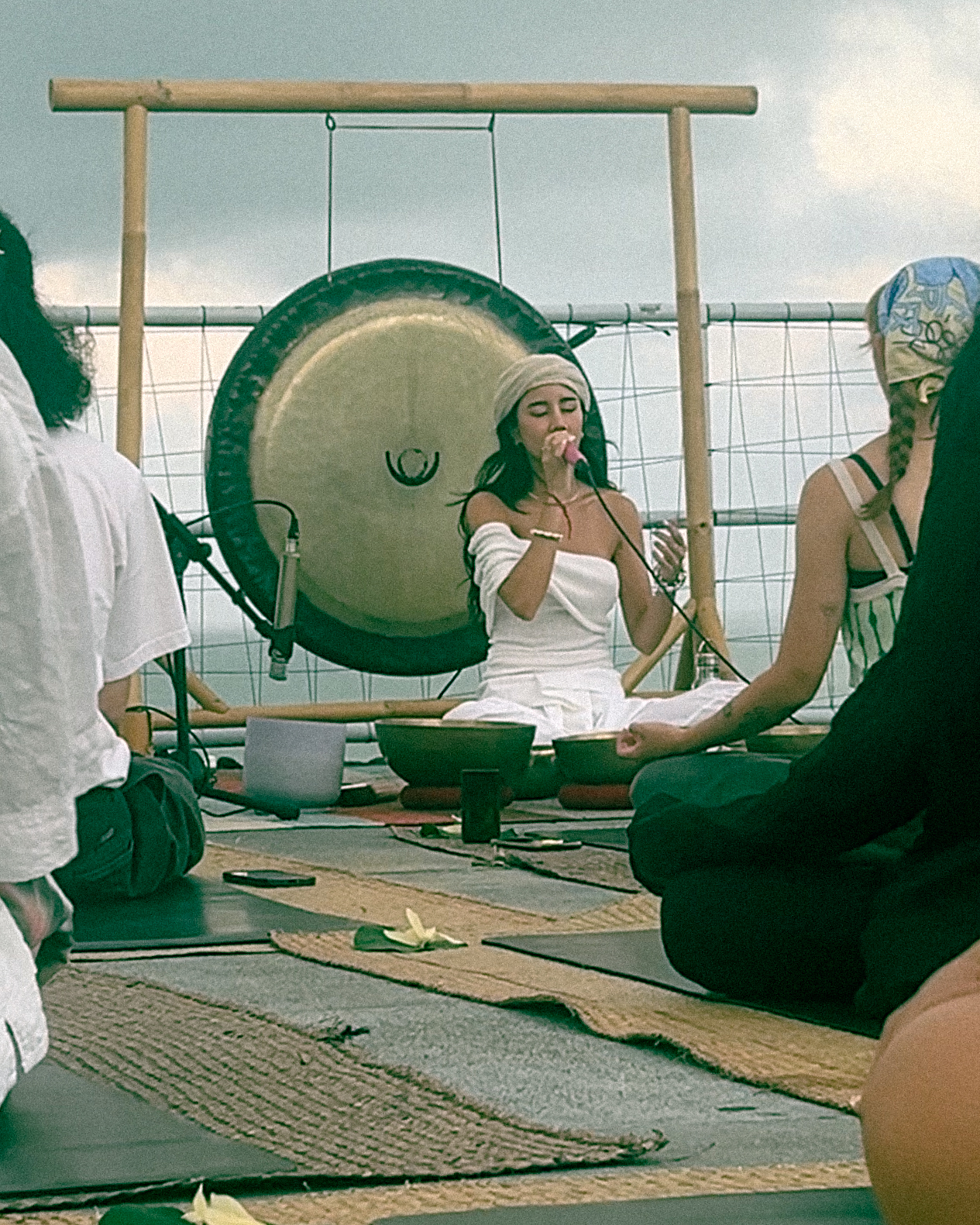
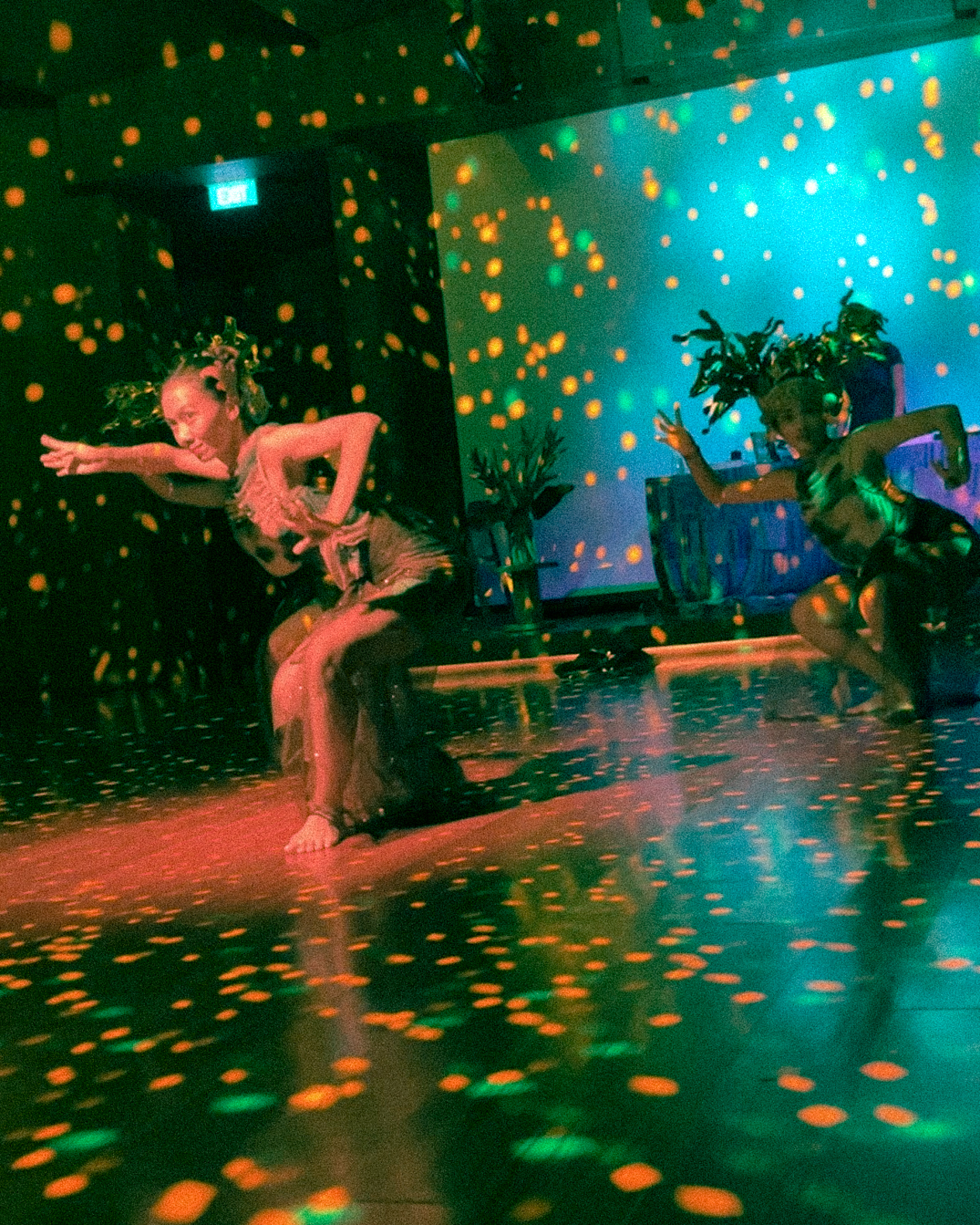
As the festival concluded, we were excited to hear from Kim, the Wellness Director, about the week's events and its significance for Merasa and Potato Head.
Firstly, congratulations and thank you for the most incredible week. How do you feel after 7 days of Merasa?
Kim Herben — The gratitude is mutual; it was truly so special having you as part of the Merasa experience from beginning to end. I’m still flying from our week, feeling grateFULL and expansive, I think we are all still feeling that buzz.
What was it like collaborating with Erykah on this project? How did her involvement shape the Festival?
KH — The synergy with Erykah was really special, from the very beginning she has been very involved and shared her vision. We really curated it together, ensuring we had the right flow for the week and a good mix of practitioners, bringing a variety of practices together. She was really interested in the practitioners we brought to the table, researched them, and added some incredible practitioners to the mix from her side. For example, it was her idea to work with the duality of day and night. During the day, all classes would be more accessible for anyone interested in wellbeing and at night we would go a bit deeper into knowledge and matter. Everything we finalised was approved by everyone involved.
In your opinion, what distinguishes Potato Head’s approach to wellness, as showcased at Merasa?
KH — Wellbeing should be for everyone, no matter where you are in your journey. We always challenge ourselves to create unique experiences. How does it feel? How does it smell? How does it taste? How does it sound? What is the ritual? We activate on so many levels. Every detail is thought about to create the optimal environment to feel.
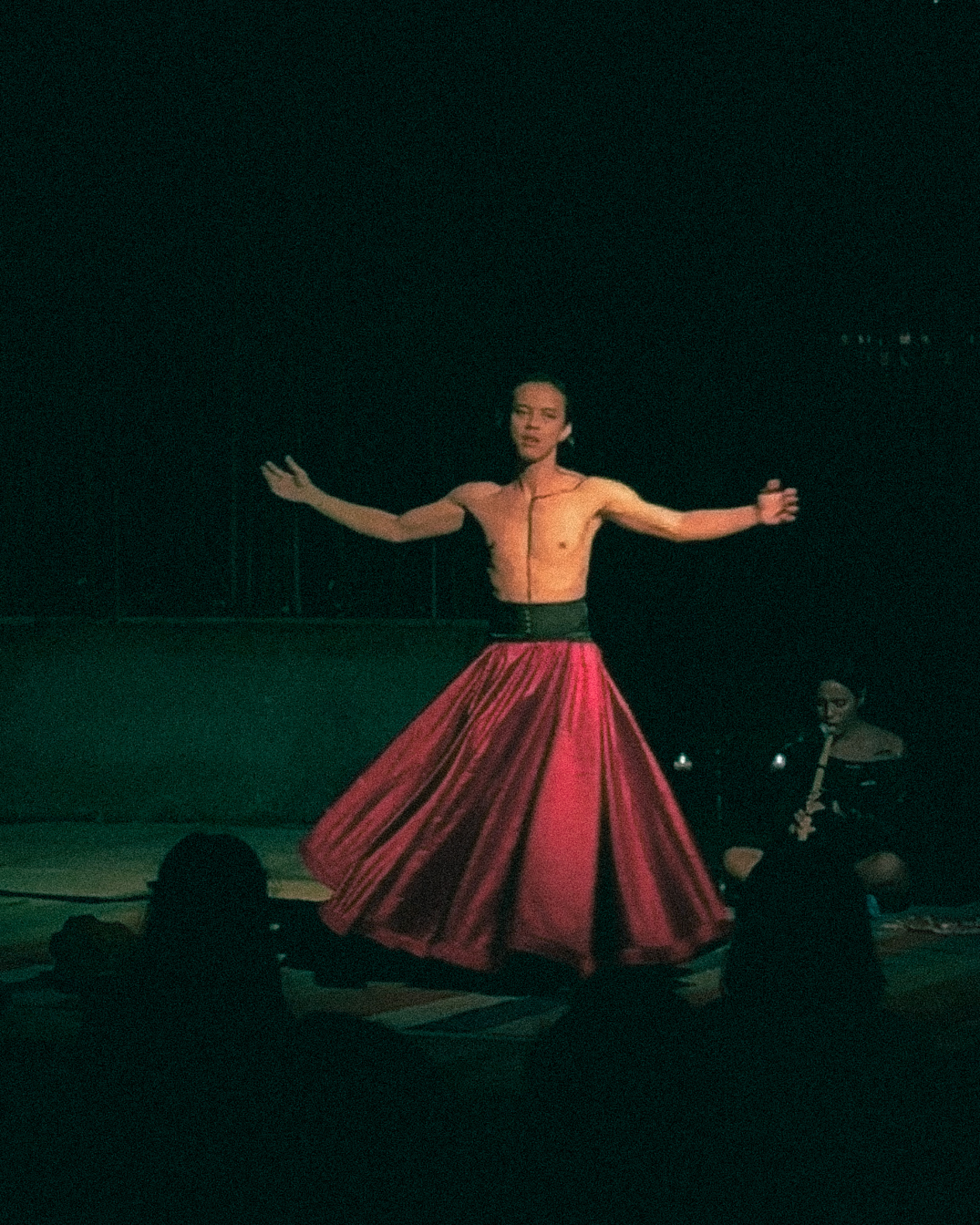
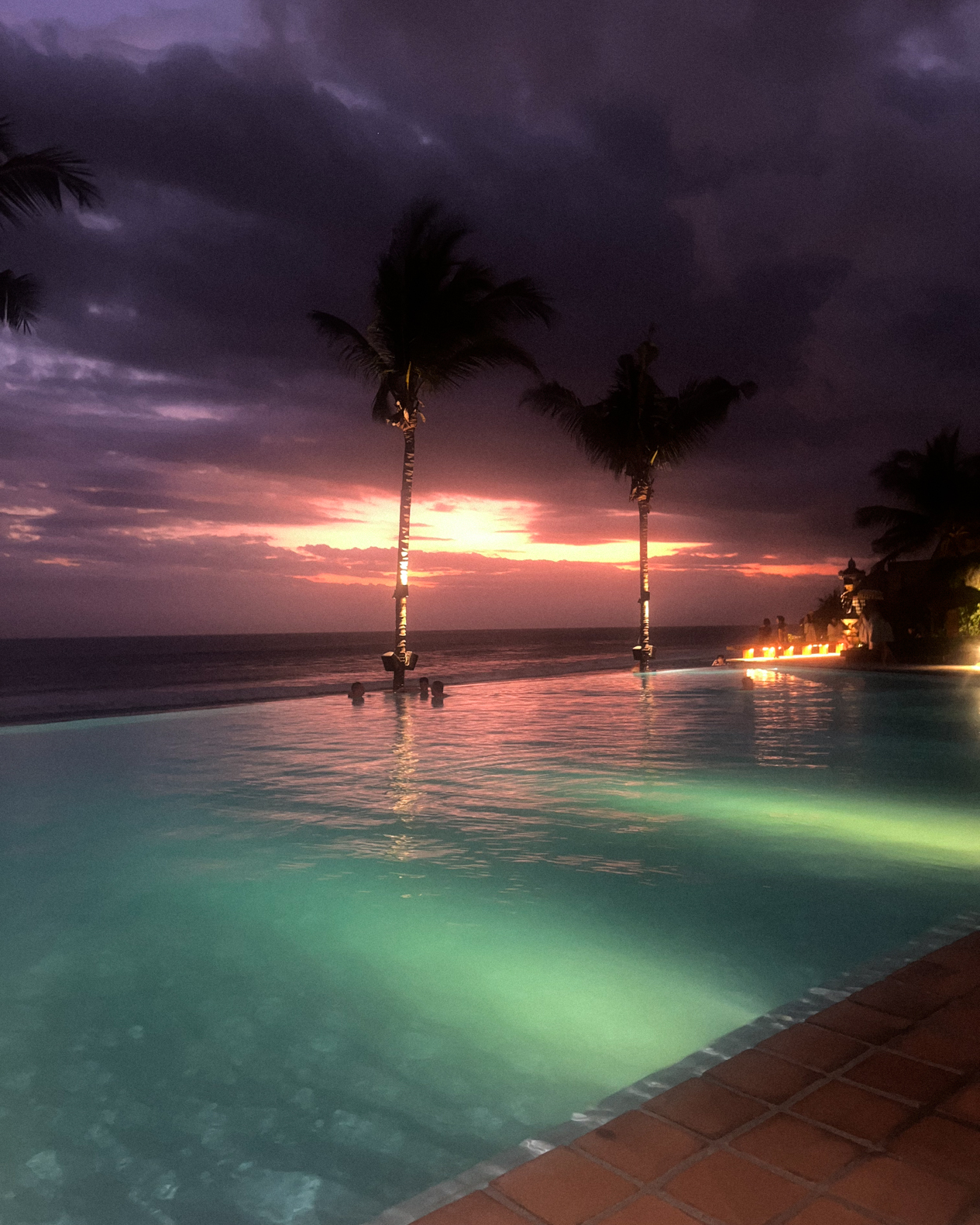
Is there a personal highlight or moment that sticks out to you from the week?
KH — There were many, on different levels: heartfelt encounters and conversations with participants, getting out of my comfort zone and into my body with the intuitive movement workshop with Waangenga. I was joined by incredible musicians, Raffi Muhammad and Kevin Suwandhi, for my own session “Under the Rising Sun,” who created magic by translating the energy of the rising sun into a musical journey. But also, getting a blessing at the temple with Erykah and all the practitioners to open the energy portal for the week of Merasa, and asking for permission and support from the ancestors of the land, was truly the most special moment.
Did you have any key takeaways or lessons learned from the festival this year?
KH — When all is good from within ourselves, it ripples out to your environment. From the beginning, we made sure the teams working together had time and space to do so. We don’t rush or push; we prepare well and make sure the experience of working on Merasa is as optimal for the team as possible. We nourish ourselves to the fullest before the week starts, making sure our own cups are filled before we pour into others.
Another thing that stays with me is something Ms. Badu shared during the talk on the rites and rituals of life and death: “There are two deaths, one when the soul leaves the physical body and the other when people stop saying your name.” So I have re-integrated speaking the names out loud of my loved ones that have transitioned into the next realm.
